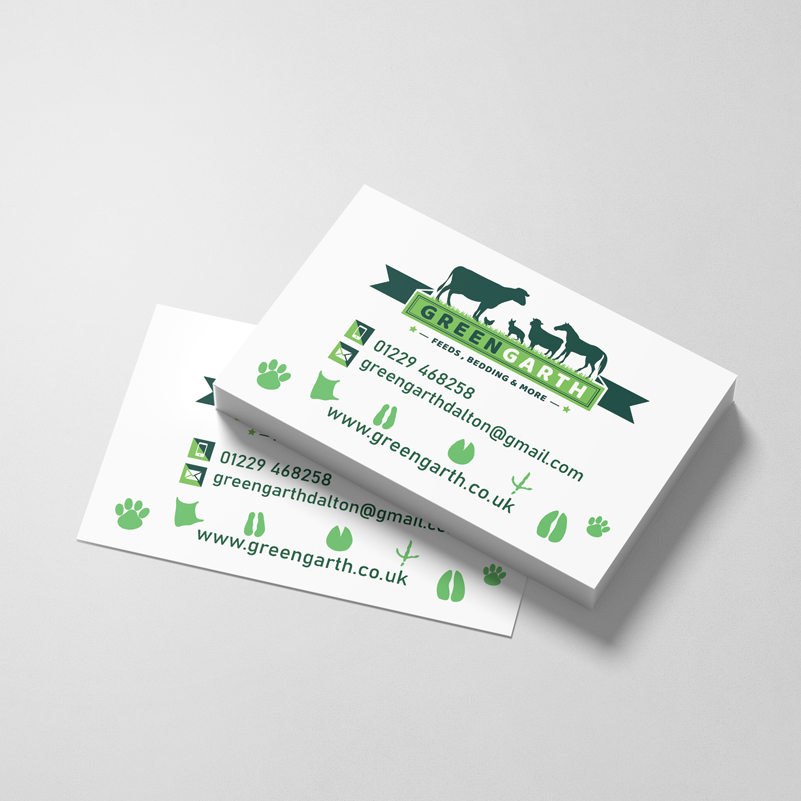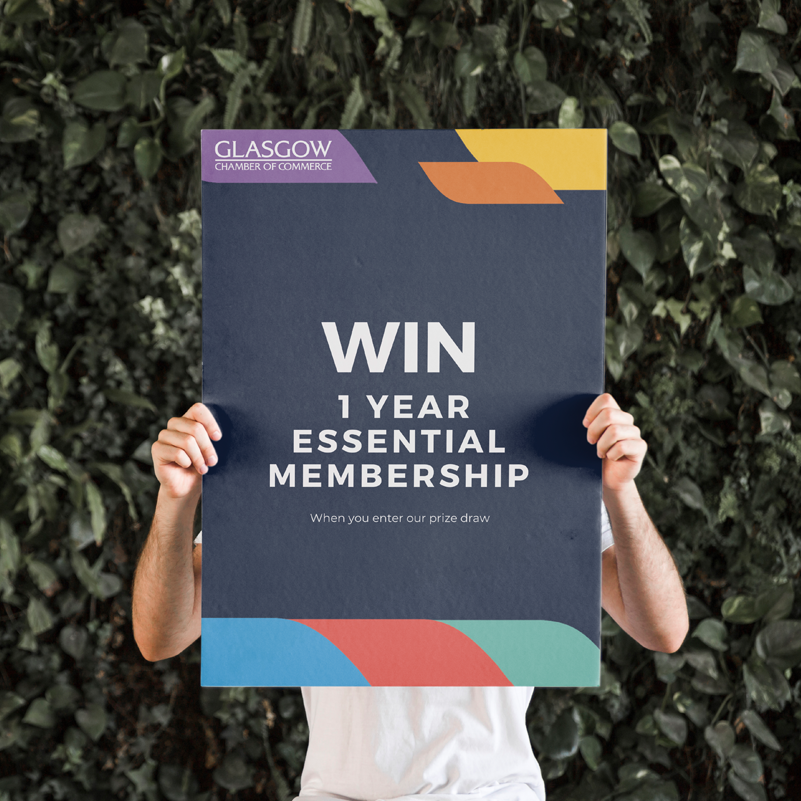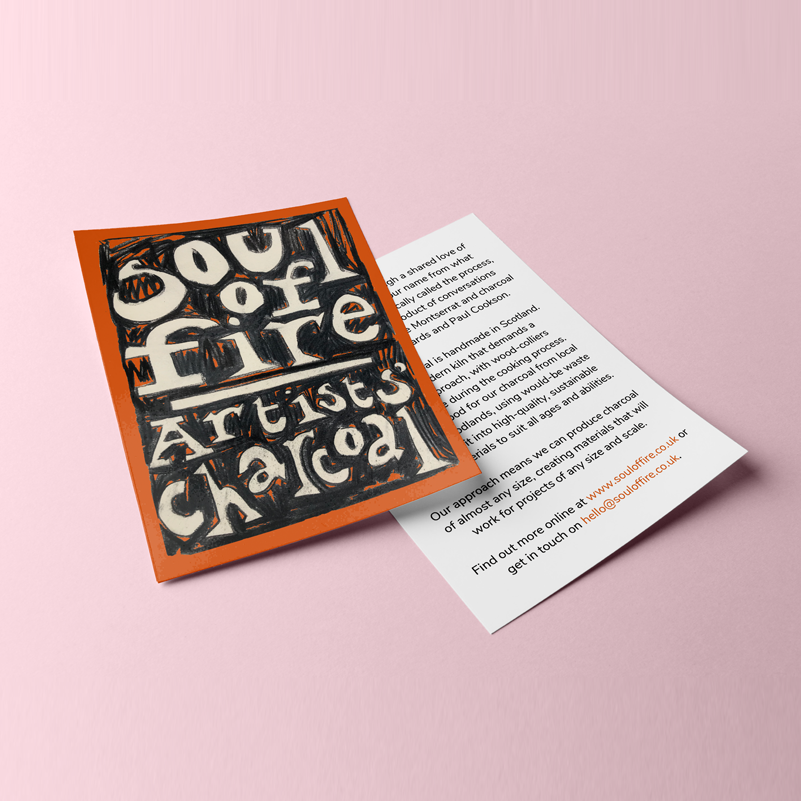While the internet has revolutionized how we communicate, printed materials haven't lost their impact. In fact, in a world saturated with digital noise, tangible printed items can cut through the clutter and leave a lasting impression. From business cards to custom posters, print offers a unique opportunity to connect with your audience in a meaningful way.
Making a Statement with the Best Business Cards
In the professional world, first impressions count. The best business cards are more than just contact information; they are a reflection of your brand identity and professionalism. A well-designed card can spark conversation, convey credibility, and make you memorable.
Today, it's easier than ever to design your own business cards with online tools and templates. You can experiment with different layouts, fonts, and finishes to create a card that truly represents your brand. For a truly unique touch, consider partnering with a printing business that offers premium materials and finishes like letterpress or foil stamping.
Custom Poster Printing: Making a Bold Visual Impact
Whether for promotional purposes, events, or personal expression, custom poster printing allows you to create eye-catching visuals that demand attention. Large format posters can be used to:
- Promote events: Announce concerts, festivals, or conferences with vibrant, informative posters.
- Advertise products or services: Showcase your offerings with compelling visuals and persuasive messaging.
- Decorate your space: Add personality to your home or office with custom art prints or motivational posters.
Modern printing technology offers a wide range of options for poster printing, including various paper types, sizes, and finishes to suit your needs and budget.
Flyer Design and Printing: Spreading the Word Effectively
When it comes to targeted marketing and event promotion, flyer design and printing remains a cost-effective and impactful solution. Flyers allow you to:
- Reach a local audience: Distribute flyers in high-traffic areas to generate awareness for your business or event.
- Share detailed information: Unlike social media posts, flyers provide ample space to communicate key details.
- Track your results: Use unique codes or offers on flyers to monitor the effectiveness of your campaigns.
Effective flyer design incorporates clear messaging, compelling visuals, and a strong call to action to achieve the desired results.
Personalized Touch with Custom Christmas Cards
In an age of generic e-cards, custom Christmas cards offer a personalized touch that stands out. They show your recipients that you took the time and effort to create something special just for them.
Services like moonpig custom card allow you to personalize your greetings with photos, names, and heartfelt messages. This adds a personal dimension that strengthens relationships and creates lasting memories.
The Advantages of Partnering with a Printing Business
While online printing services offer convenience, collaborating with a local printing business provides several advantages:
- Expertise: Benefit from their knowledge and experience in paper selection, design, and printing techniques.
- Quality Control: Ensure your printed materials meet your exact specifications and quality standards.
- Personalized Service: Receive tailored advice and support throughout the printing process.
- Support Local Business: Contribute to your community by supporting local businesses.
Despite the rise of digital communication, printed items continue to play a vital role in our personal and professional lives. From the impact of the best business cards to the sentimental value of custom Christmas cards, print offers a tangible and enduring connection that digital simply can't replicate. By embracing the power of print and partnering with a reputable printing business, you can create lasting impressions and achieve your communication goals.
FAQs: Your Questions About Professional Printing Answered
Here are some frequently asked questions to help businesses and individuals get the most out of their printing projects.
Q: Why should my business use printed materials in a digital world?
A: In a world saturated with digital ads and emails, tangible printed materials stand out. They offer a physical connection to your brand, convey a sense of quality and permanence, and can be more memorable than a fleeting digital message. High-quality print, from premium business cards to a striking poster, demonstrates professionalism and credibility.
Q: What is "bleed" and why is it important for my design files?
A: Bleed is a printing term for the area of a document that extends beyond the final trim line.
Q: What's the difference between CMYK and RGB? Which one should I use?
A: RGB (Red, Green, Blue) is the colour model used for digital displays like computer screens and TVs.
A: The industry standard and preferred file format is a print-ready PDF.
Q: How can I ensure the colours on my printed piece match what I see on my screen?
A: Due to the difference between RGB (screen colours) and CMYK (print colours), a perfect match is not always guaranteed. To minimize discrepancies, always design in CMYK. For projects where color accuracy is critical, ask your printer for a physical proof before the full print run. This allows you to see the true colours and make any necessary adjustments.
Q: How does the choice of paper affect my printed product?
A: The paper you choose is a vital part of your final product. Different paper stocks have different weights and finishes, which can dramatically alter the look and feel of your printed piece.
-
Business cards often use a heavier cardstock (350gsm or more) for a durable, premium feel.
-
Posters can use glossy or matte paper, depending on whether you want vibrant, reflective colours or a more subtle, anti-glare finish.
-
Flyers are often printed on a lighter-weight paper for easy distribution.
Q: Can a professional printing business help with design?
A: Yes, many printing businesses offer design services or can provide professional advice. While online templates are a great starting point, a professional designer can help you with layout, font choices, and technical specifications to ensure your project looks its best and avoids common printing errors.
Q: How long does a printing job take?
A: Turnaround times vary depending on the product, quantity, and complexity of the job. Simple digital print jobs might be ready in a day or two, while larger or more complex projects with special finishes (like foil stamping or letterpress) may take longer. Always discuss deadlines and turnaround times with your printing partner upfront to ensure your project stays on schedule.
Posted by By Jenny on 6th Dec 2024





